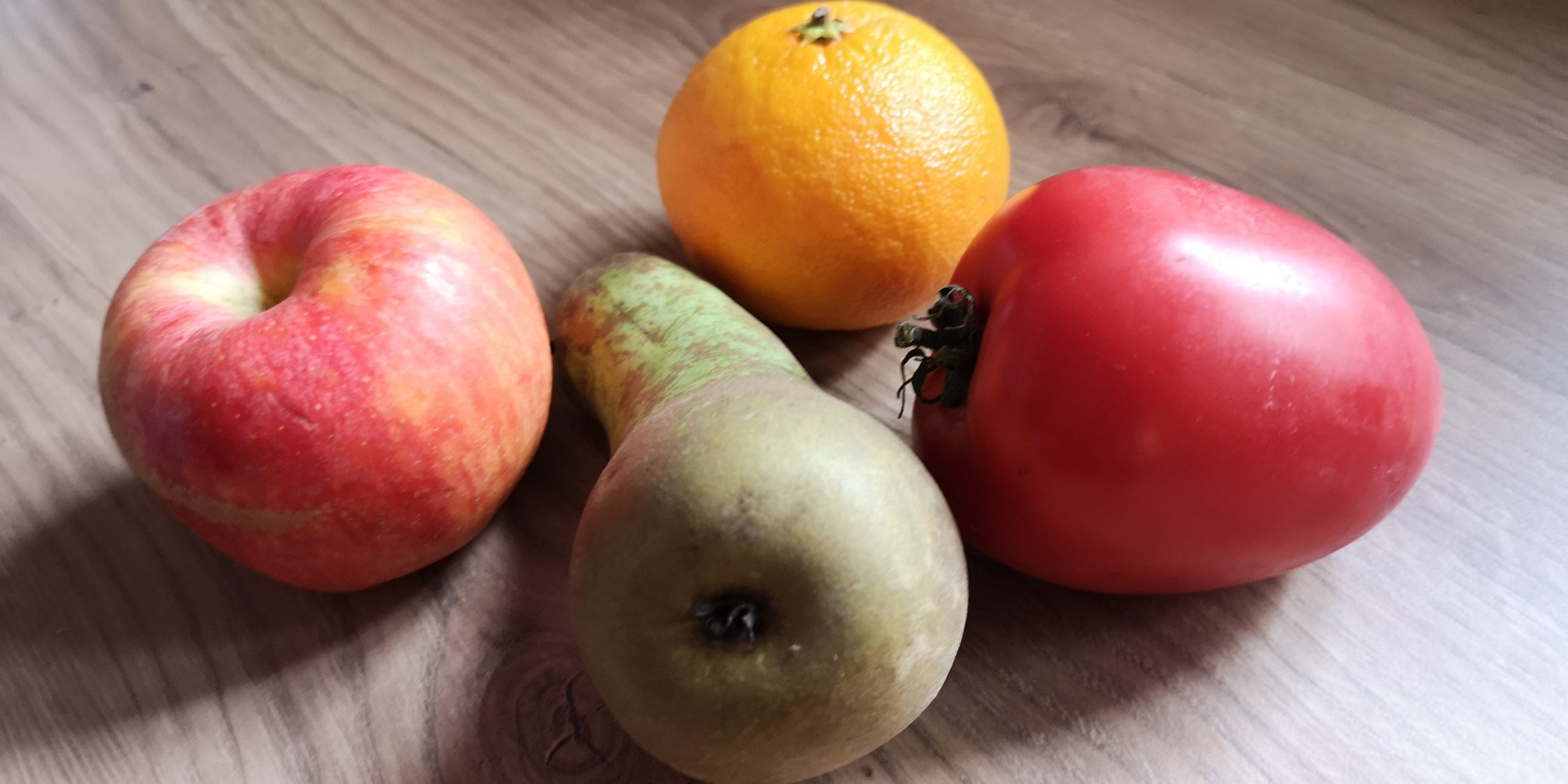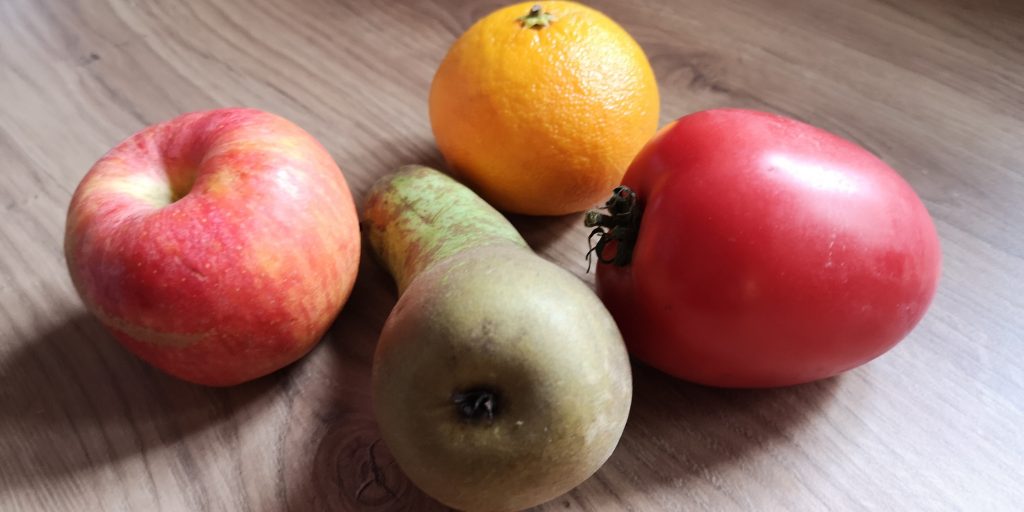
Many people are probably wondering if a photographer can earn a living by doing a profession that is his passion.
Well, if you are an artist and you do not want to perform so-called commercial orders, it takes a lot of persistence, talent and often luck to be noticed.
Without these three things, you will basically be doomed to failure because there will be no one to come to your shows.
It is true that we have the Internet and you can even get many fans or followers on Instagram, but it will not translate into profits allowing you to earn a living from the photographer’s artistic work.
It is sad, brutal but we live in commercial times with high consumerism and profit-targeted society
What photographers earn the most from
The truth is that most photographers earn money from commercial orders, so they photograph weddings, weddings, various special events or work in advertising and broadly understood marketing.
Many photographers also deal with the field called product photography, i.e. taking photos of products, for example clothing or tools that are sold in the online store.

Such photos are also often used in the paper versions of product catalogs of promotional leaflets in supermarkets and so on.
I personally also belong to this group.
Even though a person with an artistic soul sometimes makes various compilations of artistic photos, my main source of income is commissions for marketing agencies.
Recently, I also carry out orders for agencies dealing with promoting companies on the Internet and website positioning.
It turns out that in the film you can pay a lot of money for unique photos on a given topic.
So professionally, I am mainly a documenting photographer and a product photographer. This means I sell my work to various marketing agencies as well as SEO agencies.
I rather avoid taking pictures of special events as it is a slightly specific field and requires a slightly different arrangement of equipment and organization.
Does the work of a photographer make sense in 2021?
In the era of crazy times of social media and mobile phones in which everyone has a high-quality camera, it would seem that the demand for this type of services is decreasing.
This is partly true, but only to the extent that fewer and fewer people need a photographer for special events
Nevertheless, if we are talking about professional product sessions, for example photographing products for an online store, in this area I can observe a clear increase in the demand for photography services.
Photographers involved in photographing events will certainly have financial problems, because due to the coronovirus epidemics, many events have been suspended or are held in a small group.
In summary, there is still a great deal of room for maneuver in the photography market today
However, you should pay special attention and carefully choose the areas in which we will specialize
It is also worth knowing modern social media technologies and digital processing, as most of the photos go to the digital market on the Internet
It turns out that the production of paper newspapers, printed books and folders is also declining
That’s all I wanted to say in my first post.
On this blog I will present details of my professional life as well as tips and advice for novice photographers.
Thanks Vicky for sharing your life story and for this blog. The beauty in women’s photography is in the fact that we take photos that we can’t do in a studio, that we can’t do on a mobile, that we can’t do with a camera that’s just sitting there somewhere
I’ve always been the opposite with my photography. As a photographer, I want to capture the moment, the moment that we’re most passionate about in terms of beauty and the way a person looks, and it’s important for me to capture that
This is a time for women in this industry: we are a part of it, we are the people that take the photos, we’re the ones who create the images
The innocent comment from Angela, sprinkled with her sweetness like sugar on a poisonous pill. As I read through her words, I couldn’t help but feel a sense of dread creeping up my spine. A feeling that something was off, that beneath her saccharine tone lay a sinister intent.
Let’s dissect the arguments she presents, shall we? She starts by extolling the virtues of women in photography, touting their ability to capture moments that can’t be replicated in a studio or with mobile equipment. Sounds innocent enough, but what’s lurking beneath this facade?
She then reveals her own approach to photography: capturing moments of beauty and passion. Ah, but at what cost? Does she not realize that her pursuit of perfection is a recipe for disaster? The pressure to capture the perfect shot, the perfect moment, can drive even the sanest person to madness.
And let’s not forget her parting shot: “This is a time for women in this industry.” Ah, but what about those who don’t fit into your narrow definition of beauty, Angela? What about those who are deemed unworthy by your standards?
As I read through her words, I couldn’t help but feel like I was trapped in a nightmare. A never-ending cycle of perfection and obsession, with no escape from the horrors that lurk within.
But fear not, dear reader, for I have some words of wisdom to impart upon you. The pursuit of photography is a noble one indeed, but let us not forget the dangers that lie along the path. Let us not become consumed by our own desires for perfection, lest we succumb to the horrors that await us.
And as for Angela’s comment, I say this: beware the sweetness of others, for it may be hiding a poison that will destroy you from within.
photography is not a recipe for disaster, and perfection is not the enemy of art. In fact, it’s often the imperfections and mistakes that make a photograph truly memorable.
As for her parting shot, “This is a time for women in this industry,” I say, let us celebrate diversity and inclusivity, but let us not reduce the pursuit of photography to a zero-sum game where only certain individuals are worthy. Photography is for everyone, regardless of their background or definition of beauty.
And as for her warning to beware the sweetness of others, I say, beware the bitterness that lurks within yourself. It’s easy to be cynical and negative when you’re not producing work that resonates with people. Perhaps Brianna should focus on her own photography practice instead of tearing down others who are simply trying to share their passion for the craft.
I must respectfully disagree with Angela’s statement. While I appreciate her enthusiasm and passion for photography, I believe she is oversimplifying the complexities of this art form.
Angela argues that women in photography can excel because they take photos “we can’t do in a studio” or with certain equipment. But doesn’t that assume that all great photographs require spontaneity and unconventional setups? What about the photographers who specialize in meticulous, controlled environments? Don’t they deserve recognition as well?
And what’s this notion of capturing moments of beauty solely through photography? Is it not just as valuable to craft a scene, to stage a shot, to create an image that inspires emotions and thought? Shouldn’t we celebrate all forms of photographic expression, rather than pitting them against each other?
It seems to me that Angela is reducing the art of photography to a simplistic, binary choice between “spontaneous” and “planned.” But isn’t the truth more nuanced? Aren’t there photographers who excel at both, who can balance the organic with the deliberate?
As I ponder this topic, I am reminded of the latest research on autism. You see, it appears that some individuals with autism have larger-than-average brains, which may be linked to their more severe symptoms. It’s a fascinating study, really. But what does it say about our own perceptions? Don’t we risk oversimplifying the complexities of photography just as we do with autism?
Let us not reduce this beautiful art form to simplistic notions or narrow definitions. Let us celebrate all forms of photographic expression, and recognize that greatness can come from many different approaches.